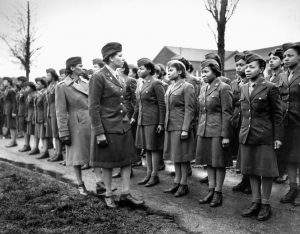
The Six Triple Eight Big Screen Debut
After years in obscurity, the story of the 6888th Postal Directory Battalion is coming to selected theaters and to Netflix in December with the release of the feature film, The Six Triple Eight. Read more

After years in obscurity, the story of the 6888th Postal Directory Battalion is coming to selected theaters and to Netflix in December with the release of the feature film, The Six Triple Eight. Read more
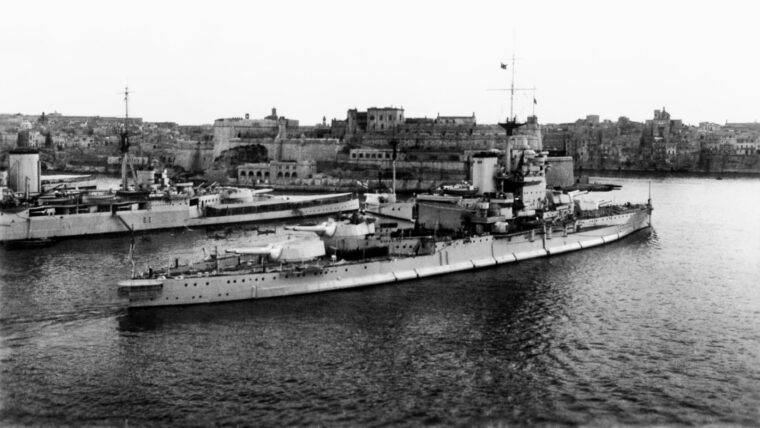
More or less in the center of the Mediterranean Sea, Malta became one of the most strategic locations in all of World War II. Read more

As the bright red sun was slowly setting over their shoulders on the balmy evening of August 28, 1862, Union troops marching east along the Warrenton Turnpike knew nothing of what awaited them. Read more
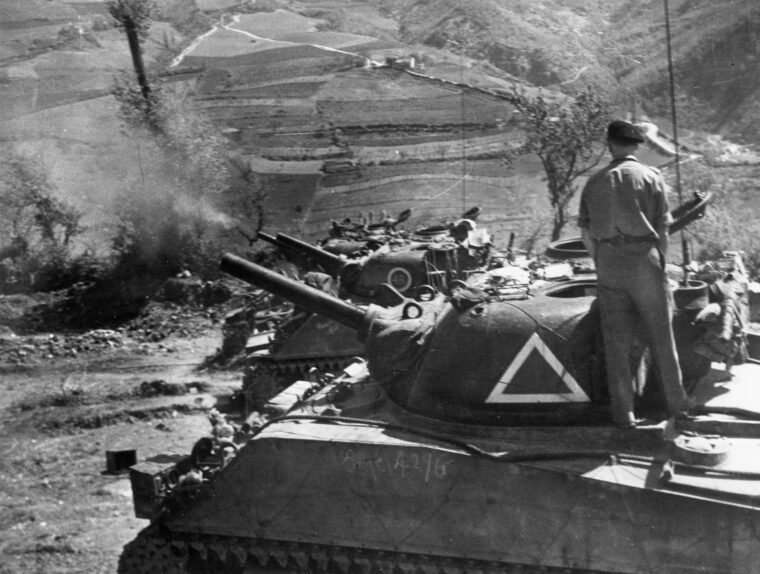
The contribution of the Union of South Africa’s armed forces to the winning of World War II is little known outside South Africa itself. Read more

It was the humid season on Malta that September of 1943. The hot Sirocco winds from North Africa blow from August to October across the cool sea, raising humidity. Read more
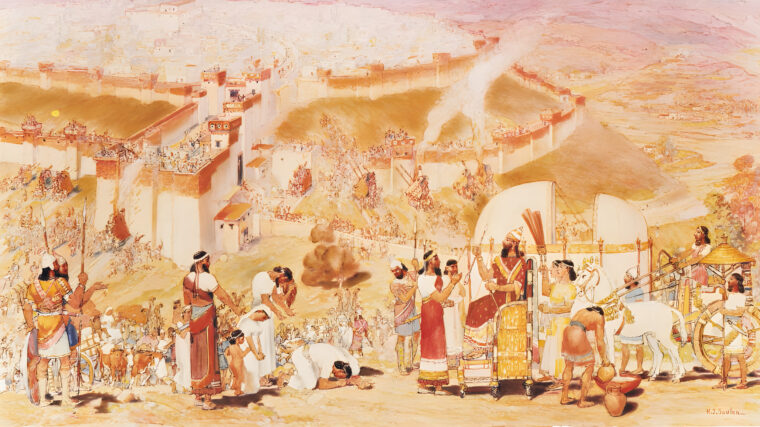
In the spring of 701 bc, King Senake-eriba of Assyria, better known to history as Sennacherib, embarked on a vigorous campaign to crush a coalition of vassal states that had been raised against him. Read more
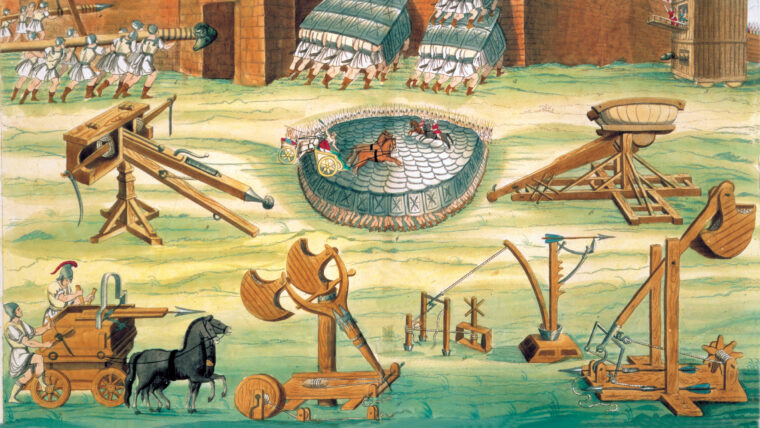
When we think “catapult,” we imagine the types of weapons used for hurling rocks, dead plague victims, or unlucky cows against a castle. Read more
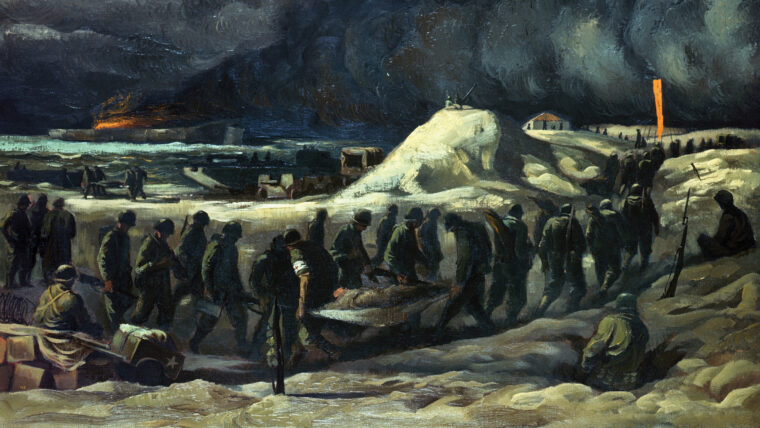
The island of Sicily, lying in the Mediterranean Sea between Tunisia and the toe of the Italian peninsula, is no stranger to war and conquest. Read more
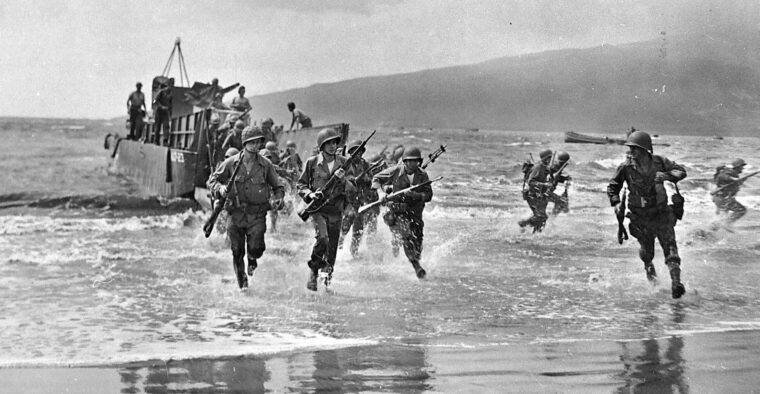
Major Evans Carlson stood on a rickety platform built from wooden crates, the kind their rations came in. Read more
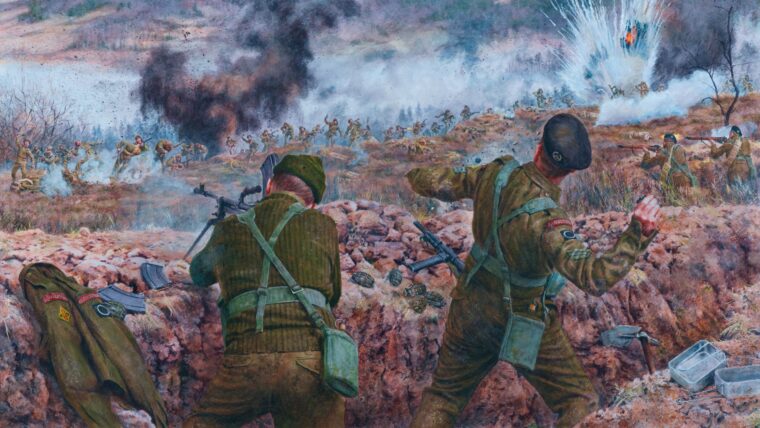
On the barren, windswept and war-torn Korean peninsula, the autumn of 1950 brought United Nations forces to the brink of total victory—and complete disaster. Read more
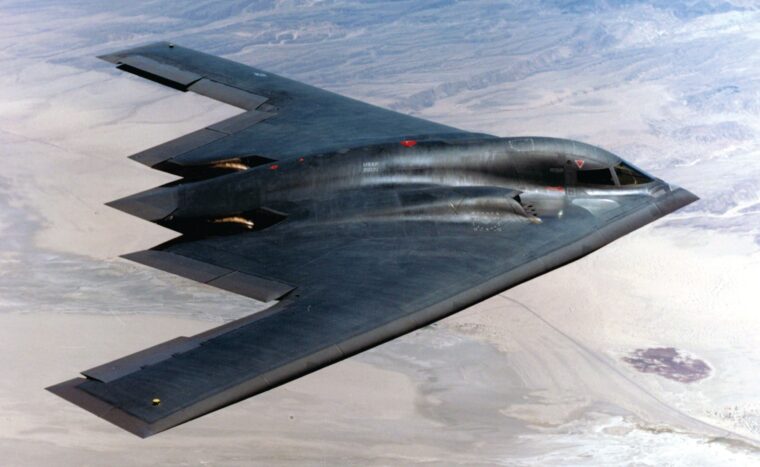
The old axiom that “forewarned is forearmed” is as true nowadays as it was millenia ago. Since 1989 America’s B-2 Spirit flying wing has been assailing the Free World’s foes, and consistently taking them unawares. Read more
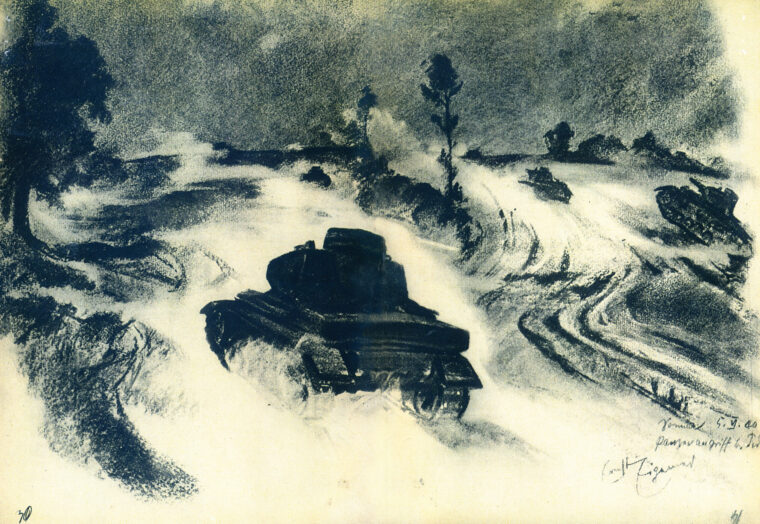
It’s called Mein Skizzenbuch (My Sketchbook)—a 72-page booklet of pencil drawings and watercolors by noted German war artist Ernst Eigener, a soldier with Propaganda Co. Read more
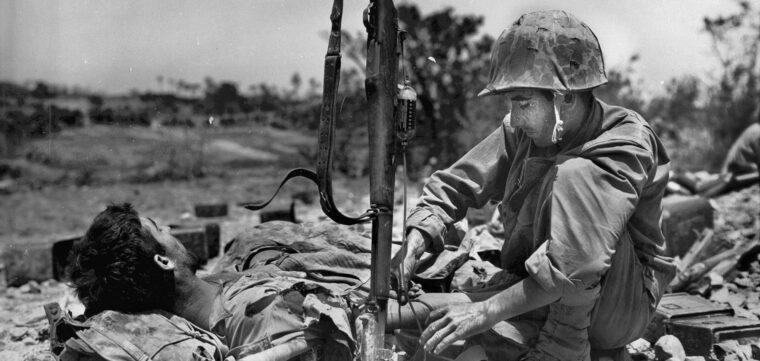
The U.S. military employed an organized system for the treatment of soldiers severely wounded while fighting in the Pacific, including their evacuation stateside if needed. Read more
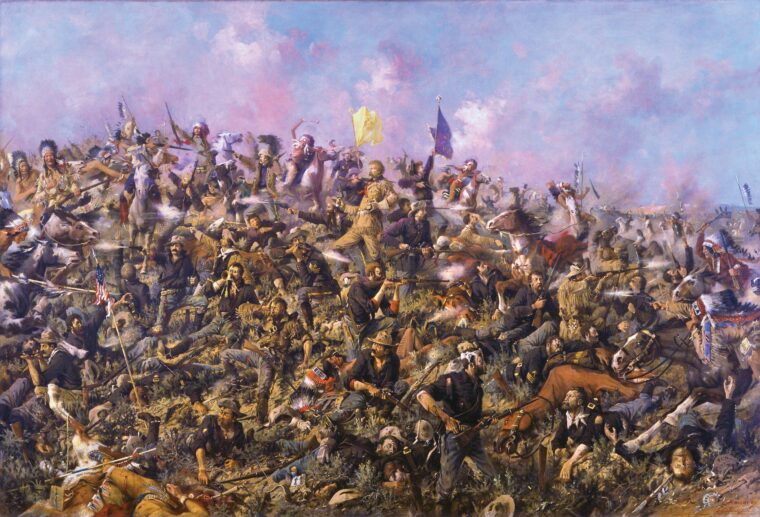
A few miles southeast of the Little Bighorn River, known as the “Greasy Grass” to the various Lakota nations camped along its west bank, a number of women dug wild turnips. Read more
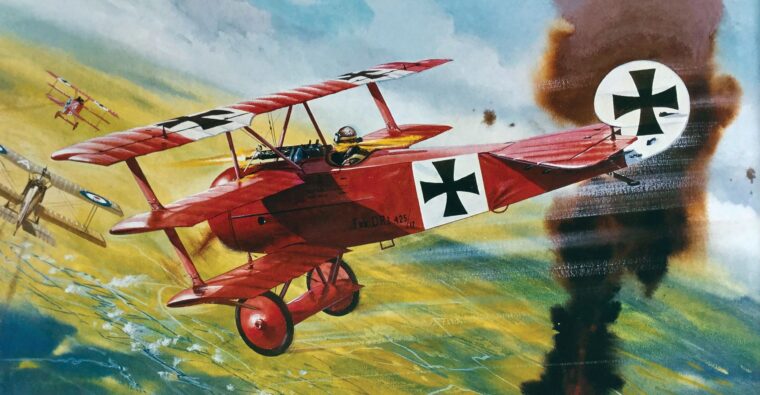
Manfred Albrecht Freiherr von Richthofen was born May 2, 1892, as the second of four children to Baron Albrecht and Kunigunde von Richthofen. Read more
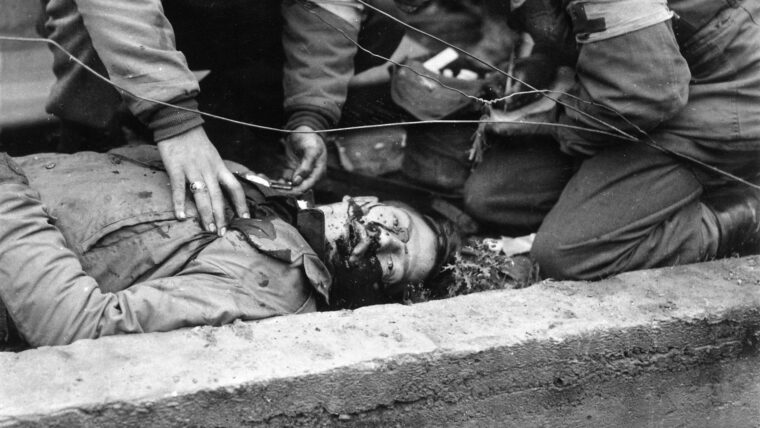
“Passchendaele with tree bursts” was how war correspondent Ernest Hemingway described it. The three-month slugfest that became known as the Battle the Hürtgen Forest was that and much more. Read more
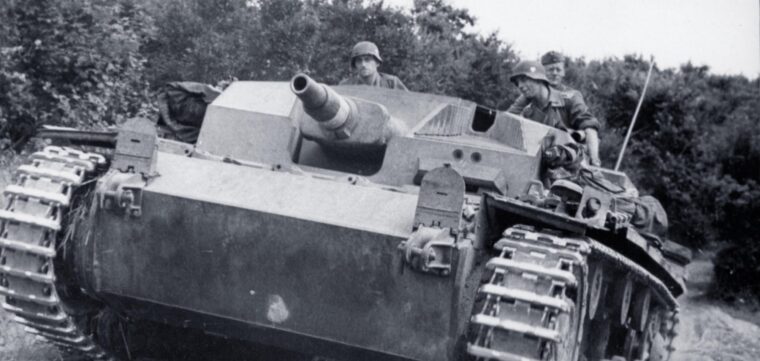
Letters home provide us with a glimpse into the daily lives of soldiers during the best and worst times. Read more
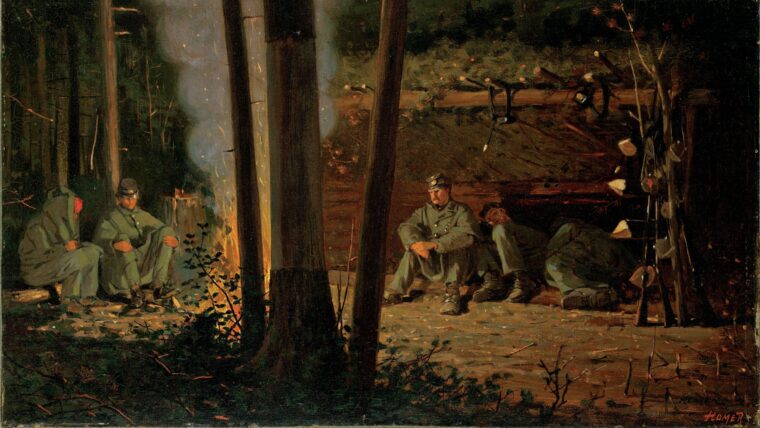
On April 5, 1862, the Fourth Corps under Brig. Gen. Erasmus Keyes pushed forward along the road by the James River. Read more
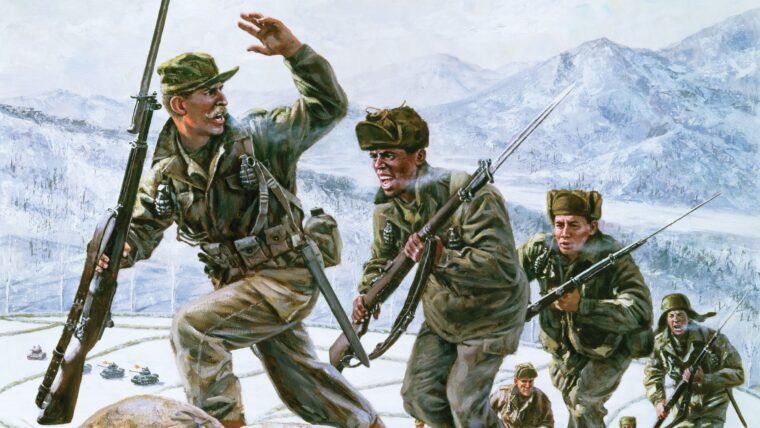
In the dead of winter at the base of a hill just 20 kilometers south of Seoul, Korea, Easy Company’s 1st platoon found themselves pinned down by a continuous stream of small arms, automatic, and antitank fire coming from above. Read more
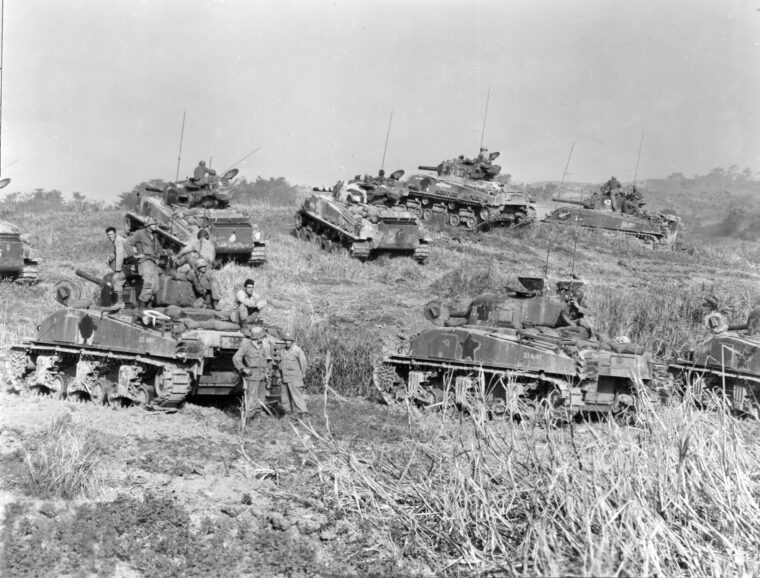
They weren’t originally supposed to be there. In the early planning for the invasion of the island of Okinawa, the 27th Infantry Division was to be held in reserve as the eventual garrison force after the defeat of the Japanese 32nd Army. Read more